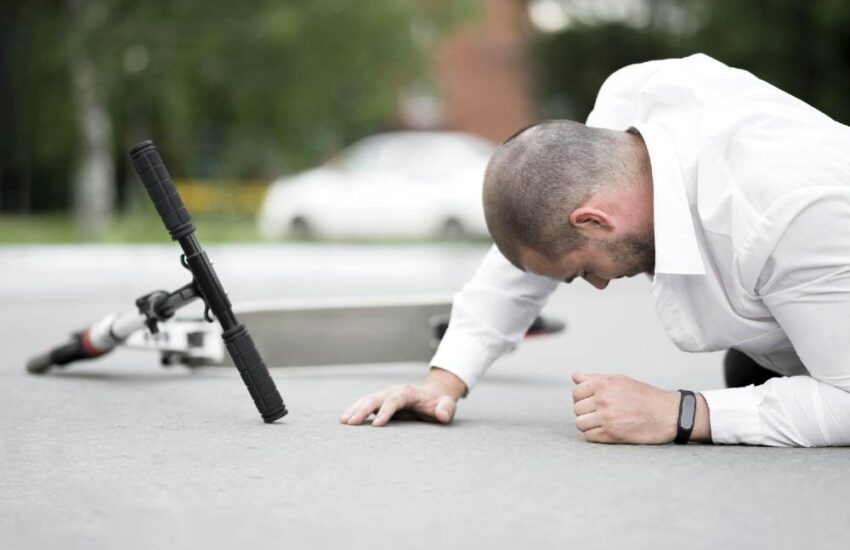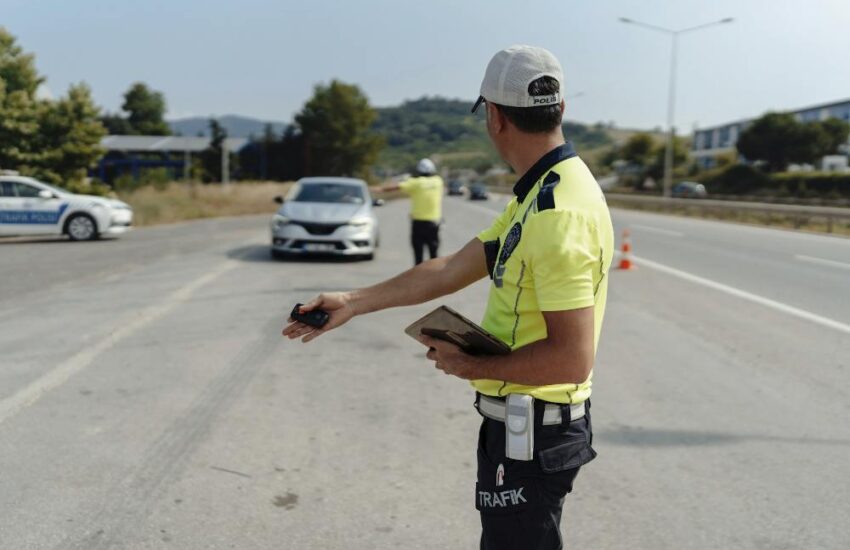How to Handle a Car Accident Properly
Unfortunately, it is part of life that you will likely experience at least one car accident in your lifetime. However, if you are properly prepared for what to do and understand the process ahead, dealing with a car accident can be much less frightening and overwhelming.
Knowing how to handle a car accident properly can help set you up for success during this difficult time. In this blog post, we’ll share our top tips on what to do before, during, and after a car accident so that you can confidently act accordingly should an unexpected collision arise.

Legal Consultation: When to Consider an Attorney
Once the dust has settled after a car accident, you might find yourself facing medical bills, vehicle repairs, and insurance claims. This can be a daunting process, and it is often at this point that you should consider seeking legal consultation. A car accident lawyer can guide you through the convoluted maze of insurance negotiations or, in more serious cases, personal injury claims. It’s crucial to consult an attorney if:
- You or any party involved in the accident have suffered a significant injury or disability.
- There’s a dispute over who is at fault.
- You feel pressured by claims specialists to agree to a quick compensation.
- The terms of your insurance policy are unclear.
- You have problems with your insurance
It’s important to take into account the costs associated with consulting a lawyer so that you can properly weigh up your options. In many cases, however, legal representation could save you significantly more money than the cost of hiring an attorney.
Prioritizing Safety and Immediate Medical Care
In the immediate aftermath of a car accident, it’s paramount to prioritize safety and medical attention. First, ensure that your vehicle isn’t posing a hazard to other motorists by moving it to the side of the road, if feasible. Next, check on the well-being of all individuals involved in the accident, calling for emergency medical services if there are any apparent injuries.
Even if you feel fine, it’s crucial to seek medical attention as soon as possible following the incident. Concussions and whiplash are two examples of injuries that may take time to show symptoms. Prompt medical evaluation not only safeguards your health but also serves as critical documentation if you seek insurance compensation or file a personal injury claim later. Keep in mind that your health and safety are top priorities. Material possessions can be replaced, but your well-being cannot.
Reporting the Accident to Authorities
Following the immediate steps of securing safety and accessing medical care, it’s crucial to report the accident to the appropriate authorities. In many jurisdictions, calling the police to the scene of an accident is not just a recommendation but a legal requirement, especially when there are injuries, fatalities, or significant property damage.
When the police arrive, they will compile an accident report, documenting the details of the incident. This official record can be important down the line when dealing with your insurance company or if a lawsuit arises. Be sure to provide an accurate and honest account of the events. Avoid speculating or making assumptions about what happened; if you are unsure of certain details, it is okay to say so.
Remember to request a copy of the accident report from the law enforcement agency, as it will be a critical piece of evidence in any future proceedings. With your health attended to and the accident reported you can then proceed with the subsequent steps, such as contacting your insurance company and beginning the process of vehicle repair or replacement.
Gathering Essential Information at the Scene
To make the process of dealing with insurance and filing a personal injury claim smoother, it’s important to gather all relevant information right away. Exchange contact and insurance information with all parties involved in the accident. Take down the license plate number of each vehicle as well as the names, phone numbers, and addresses of everyone present at the scene.
Take photos of the accident scene and sketch a diagram that illustrates the positioning of each vehicle. If there are any witnesses present who could provide further information, collect their contact details as well. Taking these simple steps can save you considerable time and trouble when navigating insurance negotiations or filing a personal injury claim later on.
Communicating with the Other Driver(s)
While interacting with other drivers involved in the accident, it’s crucial to remain calm and composed. It’s advisable to limit discussion about the accident and avoid assigning or accepting blame. The determination of fault should be left to law enforcement and insurance companies. Although it’s essential to exchange information, refrain from engaging in detailed conversation about the incident itself.
Here is the information you need to collect from the other driver(s):
- Full name and contact details
- Insurance company and policy number
- Driver’s license and license plate number
- Type, color, and model of the vehicle
- Location of the accident
Remember, never apologize or admit guilt at the accident scene, as it could be construed as an admission of liability. Keep your communication factual, respectful, and to the point. If possible, try to note the other driver’s demeanor, any statements made, or physical condition that could be relevant later.
Witness Statements and Contact Information
Witness statements can play a pivotal role in the aftermath of a car accident. They serve as significant evidence, providing an impartial perspective of the incident. If any bystanders observed the accident, approach them to see if they would be willing to provide a statement. Here is the information you need to collect from any witnesses:
- Full name and contact details
- Address
- Detailed account of what they observed
Ensure that you make a note of the precise location and time that the witness observed the event. If a witness is willing, ask them to provide a written account of what they saw, making sure that they sign and date their statement. Remember to thank them for their time and cooperation.
In conclusion, car accidents can be stressful and traumatic experiences. By following the steps outlined above, you can ensure that you have taken all necessary precautions to protect your legal rights and interests in the aftermath of a car accident. From prioritizing safety to gathering witness statements, each step is essential in preparing an effective defense for any insurance claims or personal injury lawsuits that may arise from the incident.


